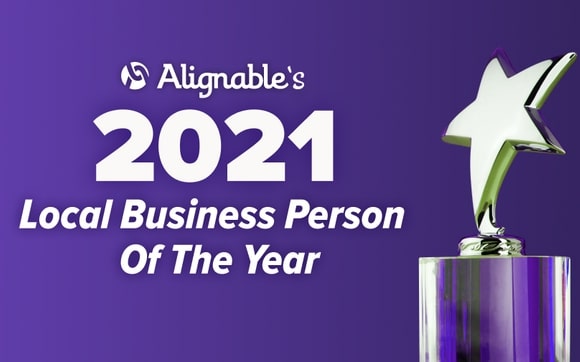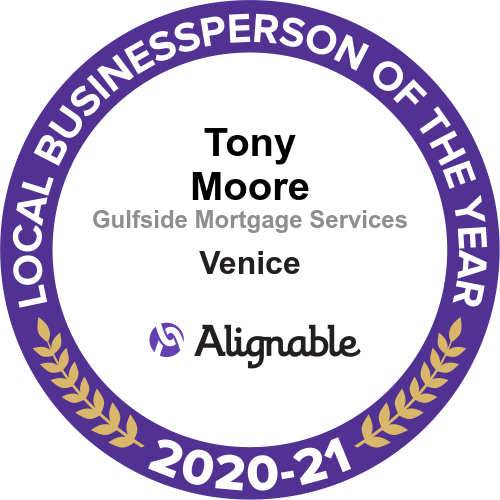HELOC vs. Refinance: Best Options for Homeowners in Today’s Market
Written by Gulfside-WpAdmin on . Posted in Blog

When homeowners consider tapping into their home’s equity, they often face the decision between a Home Equity Line of Credit (HELOC) and a cash-out refinance. Both options offer ways to access funds, but they come with distinct features and benefits that can significantly impact your financial situation. Understanding these differences is crucial for making an informed choice that aligns with your financial goals.
Understanding HELOCs
A HELOC is a revolving line of credit secured by the equity in your home, much like a credit card but with a few notable differences. You can borrow against the line of credit as needed, up to a pre-approved limit. During the initial draw period—typically up to 10 years—you make payments only on the interest, which can provide financial flexibility if you’re managing ongoing expenses or projects. After the draw period ends, you enter the repayment phase, where you’ll pay both principal and interest for up to 20 years.
The benefits of a HELOC include its flexibility and generally lower interest rates compared to credit cards. This makes it an attractive option if you need access to funds over time for variable costs, such as phased home improvements or unexpected expenses. However, HELOCs have a variable interest rate, meaning your payments can fluctuate, which might be challenging to manage if rates increase.
When to Opt for a HELOC
A HELOC is ideal if you want the ability to draw funds incrementally rather than receiving a lump sum. It’s beneficial if you anticipate needing money over a period and prefer flexibility. It can also be a good choice if you can manage the variability in interest rates and can handle an additional monthly payment on top of your existing mortgage.
Exploring Cash-Out Refinancing
Cash-out refinancing involves replacing your existing mortgage with a new, larger mortgage. You receive the difference between the new loan amount and your current mortgage in a lump sum. This option is appealing if you want to refinance your mortgage while accessing a significant amount of cash for large expenses or debt consolidation.
The primary advantage of cash-out refinancing is the potential to lower your mortgage interest rate if rates have decreased since your original mortgage. This can reduce your overall borrowing costs while allowing you to access needed funds. However, this option comes with the possibility of extending the loan term and incurring closing costs. If mortgage rates have risen since your original loan, you might end up paying more in interest over the life of the loan. Additionally, if your home equity drops below 20% after refinancing, you may be required to pay for private mortgage insurance (PMI).
When to Choose Cash-Out Refinancing
Consider cash-out refinancing if you aim to improve your mortgage terms and need a substantial amount of money upfront. It’s beneficial if you prefer a single, consolidated payment and want the stability of a fixed-rate loan. This option is also suitable if you plan to use the funds for significant home improvements or to consolidate high-interest debt.
HELOC vs. Cash-Out Refinance: Key Considerations
When deciding between a HELOC and a cash-out refinance, weigh the following factors:
1. Loan Terms: HELOCs offer a flexible draw period and a separate repayment phase, while cash-out refinances replace your existing mortgage with a new one, possibly extending or shortening your loan term.
2. Payment Options: HELOCs provide the flexibility to borrow as needed, whereas cash-out refinances offer a lump sum of cash and a single monthly payment.
3. Interest Rates: HELOCs generally have variable interest rates, which can fluctuate, while cash-out refinances typically offer fixed rates.
4. Closing Costs: HELOCs often have lower upfront costs compared to cash-out refinances, which involve closing costs.
5. Tax Implications: Both options can have tax implications. Generally, cash from either option used for home improvements may be tax-deductible.
Choosing the right option depends on your financial needs, how you plan to use the funds, and your ability to manage potential payment fluctuations. By evaluating these factors, you can make a well-informed decision that aligns with your financial goals. For personalized advice and to explore which option best suits your needs, reach out to Gulfside Mortgage Services today. Our experts are here to help you navigate these choices and secure the best financing solution for your home.






























